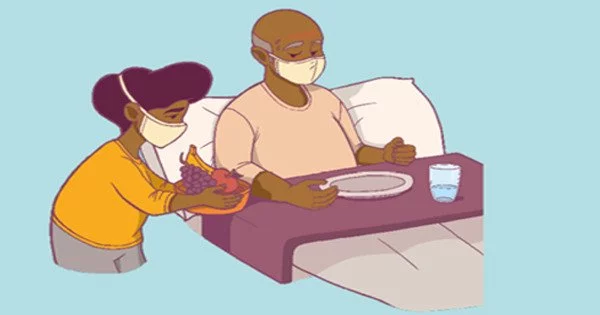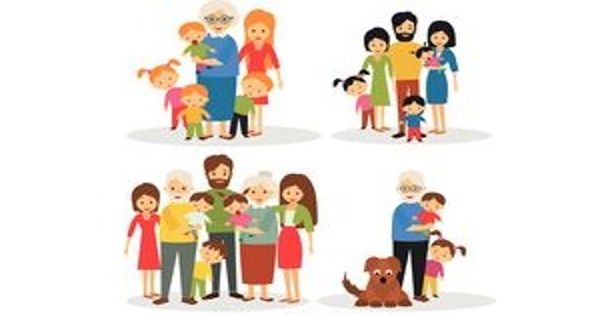This is not a glamorous subject to write about. Life, on the other hand, has its realities, and one of the harsh realities is that we cannot avoid sickness and death. Someone in the house must look after a sick person. Mothers are often left to bear the burden of sick family members. Of course, they usually look after their sick children, who are usually young. Young children are more susceptible to infections and have lower immunity, so they get sick more frequently.
When children are ill, they are more often than not suffering from a common cold or fever. The younger the child, the more critical it is for the mother or caregiver to notice the symptoms. This is especially true for high fevers, which can harm the child’s brain or be fatal. Mothers are also responsible for bringing sick children to the doctor and following up on any treatment prescribed. They must also persuade the children to take the prescribed medication at the appropriate times, as well as monitor their diet and rest.
A sick person is usually not in good spirits. At worst, he can be quite irritable. As a result, caregivers must be diplomatic and patient. It is during these times that the sick person at home truly appreciates their caregivers’ tender love and compassion. Who among us can forget our mother tucking us into bed when we were sick or feeding us a bowl of hot porridge when we were sick? When we had sore throats, our mother also made sure we drank plenty of water and avoided eating anything oily or fried. Psychologists discovered that patients who received tender loving care recovered more quickly than those who did not.
As children grow to become teenagers, they fall sick less often. However, be it bruises, sprains or headaches, care given in the form of ointments or pills is much appreciated. When someone in the family has a serious illness, the burden of caring becomes heavier and usually falls on more shoulders. Older people are prone to more serious illnesses. When it comes to caring for the old, the burden of caring for them is much heavier. Some may have difficulty walking about or are incontinent.
A child or adult suffering from a serious disease such as cancer requires all available assistance. Visits to the doctor for follow-up treatments such as chemotherapy or radiation must be scheduled. Home emotional support is also essential. A family member with kidney failure places a burden on his family members. Everyone should pitch in to help in this unfortunate situation. It is critical to monitor and remind elderly people and young children to take their medications, as the elderly may be senile and the young may be immature or irresponsible.
Caring becomes even more difficult when a person is disabled. A fall can be fatal for an elderly person. A handicapped young child requires encouragement and may be easily depressed or weak-willed. Caring becomes even more important for those suffering from life-threatening diseases such as AIDS or cancer. Sometimes the care provided is psychological rather than physical. A tender look, sympathetic advice, or human touch are just as important as the medicine.
Disease patients who face bleak medical prospects may even attempt suicide, so caregivers must be vigilant. If a person is in severe pain, caregivers must be ready to assist. Patients who are mentally ill must be constantly monitored because they may endanger themselves or their families.
Caring for sick people at home is not an easy task. People who care for them at home must take on these responsibilities. When the tasks of caring become too much for family members, they may be delegated to hired nurses. However, the care of loved ones is always most appreciated.
















